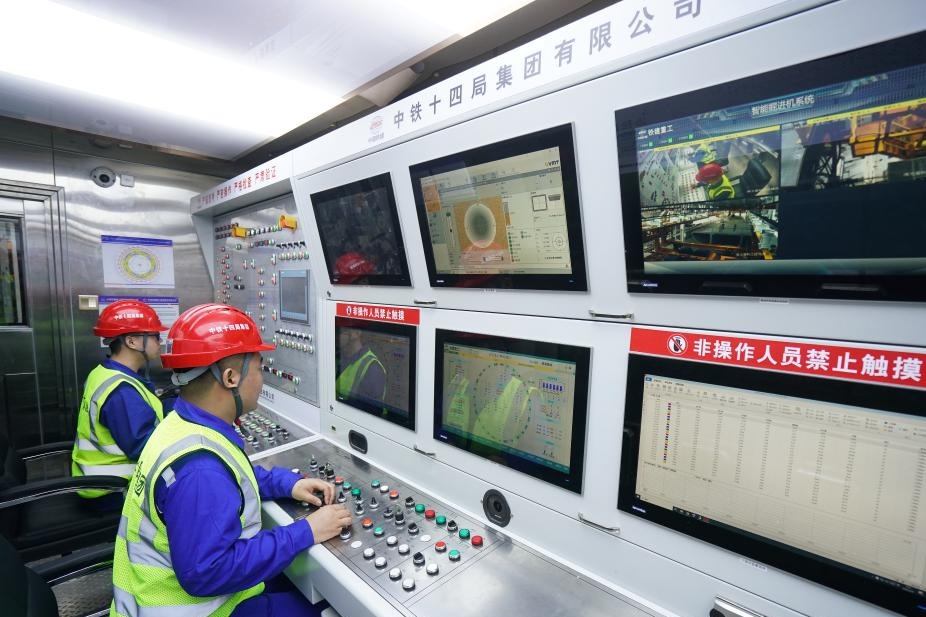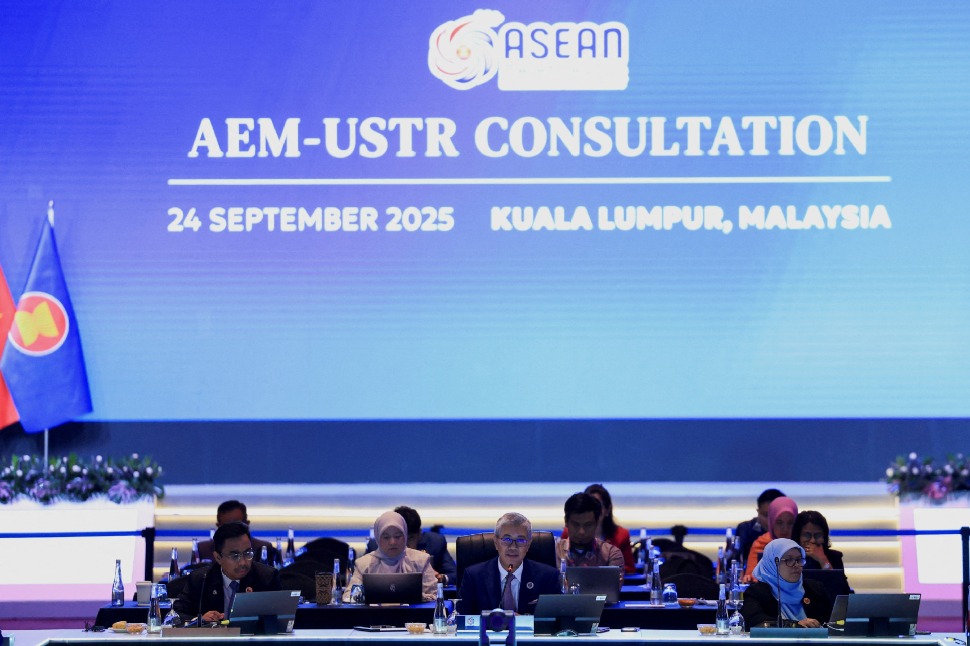Europe's environment in steep decline

Environmental activists are calling on the European Union to do more to protect the continent's rivers, lakes, and seas after a report from the bloc's environment agency said they are now dangerously contaminated.
In the report, the European Environment Agency, or EEA, said 62 percent of Europe's waterways are now in a bad ecological condition, a significant deterioration from 40 percent being in bad condition in 2020.
Leena Yla-Mononen, the EEA's executive director, said the 27-nation bloc and neighboring countries studied in the report should strengthen environmental protection instead of considering relaxations demanded by some governments wanting to boost productivity.
"We cannot afford to lower our climate, environment, and sustainability ambitions," she told reporters in Brussels, Belgium. "Our state of the environment report, co-created with 38 countries, clearly sets out the science-based knowledge and demonstrates why we need to act."
The report says only 37 percent of the EU's waterways are in good condition and that countries should prioritize reducing the amount of micro-pollutants in water. Pollutants from pesticides that do not break down in the environment are now widely present throughout the bloc, it added.
The report, which offers a health check every five years on not only Europe's waterways but also its land and air, warned that 30 percent of the continent is at risk of drought, and that 34 percent of EU residents could face water shortages.
The study said the situation is now so serious that failure to act could threaten the bloc's economic security, and it blamed intensive farming and forestry for the environmental problems, and also for shrinking biodiversity.
Lucille Labayle, a spokesperson for waterway advocates Surfrider Foundation Europe, described the report as a "wake-up call" and urged immediate action.
"Europe's fresh and marine waters remain in a degraded state," the Euronews website quoted her as saying. "The report exposes that pollution must be tackled at source urgently."
Teresa Ribera, the European Commission's executive vice president in charge of green transition, also said urgent action is required.
"We must act ... before it is too late," the Euractiv news website quoted her as saying. "We must radically increase our efforts in climate resilience and adaptation."
But the report did offer some hope, noting that there is potential to save up to 40 percent of water used across the EU by adopting better governance, technological innovation, water reuse, and raising public awareness. It also said the EU can also improve things by ensuring more buildings are designed to withstand hotter weather, something only 19 percent are currently built to do.
The report also urged nations to develop health action plans for extreme hot days, which is something only 21 percent have done so far.


































